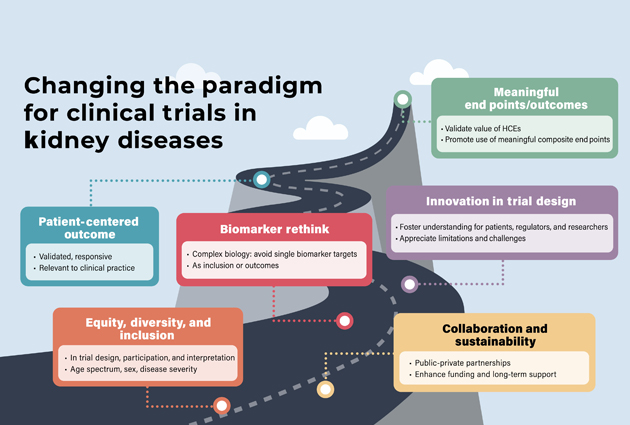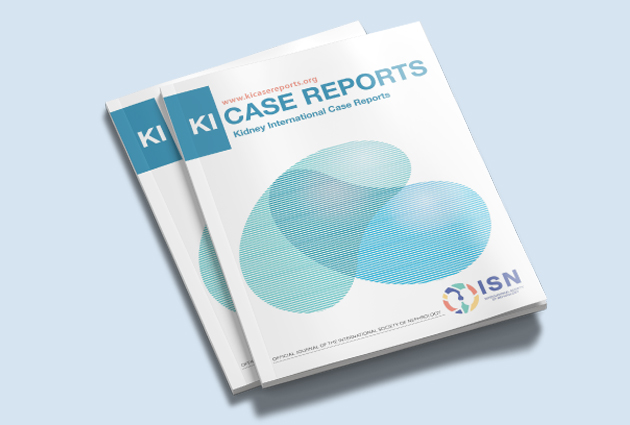Results From ISN’s Kidney Care Network Published in PLOS Medicine: Advancing Acute Kidney Disease Management in Low-resource Settings

A groundbreaking study led by ISN members as part of the Kidney Care Network (KCN) initiative has been published in PLOS Medicine. This research provides critical insights into acute kidney disease (AKD) in low- and lower-middle-income countries (LLMICs) and proposes actionable solutions to address gaps in care.
Why this study matters
AKD is a common and preventable contributor to kidney failure and mortality in low-resource settings. However, there has been limited testing of management strategies for AKD within routine clinical care, and outcomes following an AKD episode in LLMICs remain poorly understood.
Study highlights
The study assessed an ISN-developed scoring system to screen patients for risk of AKD at sites in Bolivia, Brazil, Nepal, and South Africa. It screened over 4,300 adult patients and followed kidney and patient outcomes for three months after an AKD episode.
Key findings
- Effective screening: Use of a simple scoring system was effective in identifying patients at risk of AKD and was easy to use as part of routine clinical care
- Patient outcomes: Among patients with confirmed AKD, nearly half (48.2%) had persistent kidney disease three months later, with many of these patients reclassified with chronic kidney disease (CKD). Mortality rates during admission were low with early identification and treatment of AKD, though significantly higher for AKD patients compared to those without kidney disease
Implications for kidney care
This research demonstrates that an AKD risk score can improve early detection and facilitate integration into routine care in LLMICs. However, the findings highlight an urgent need for frameworks to enable follow-up of patients after AKD episodes, as many opportunities for CKD diagnosis are being missed. Differences in clinical approaches across sites also suggest a need for standardized protocols to evaluate the long-term impact of these strategies.
The paper’s lead author, Rhys Evans, commented: “This was a real team effort involving project partners based in four countries across three continents, led by the ISN. Despite the challenge of COVID-19, we were able to demonstrate the feasibility of the KCN approach when embedded within routine clinical care, highlight the performance of the risk score as part of this novel AKD management strategy, and provide unique data on the outcomes for patients with AKD in LLMICs. We hope to now show that the KCN approach is a cost-effective mechanism for improving population kidney health.”
About the Kidney Care Network
The ISN Kidney Care Network, launched in 2017, aims to establish sustainable, locally-led improvements in kidney care in LLMICs. By delivering education and training through local experts and partnerships, the initiative promotes effective AKD and acute kidney injury detection and management within the constraints of regional healthcare systems.
Access the complete study in PLOS to explore how these findings could reshape kidney care in low-resource settings and inform future strategies for chronic disease management.









